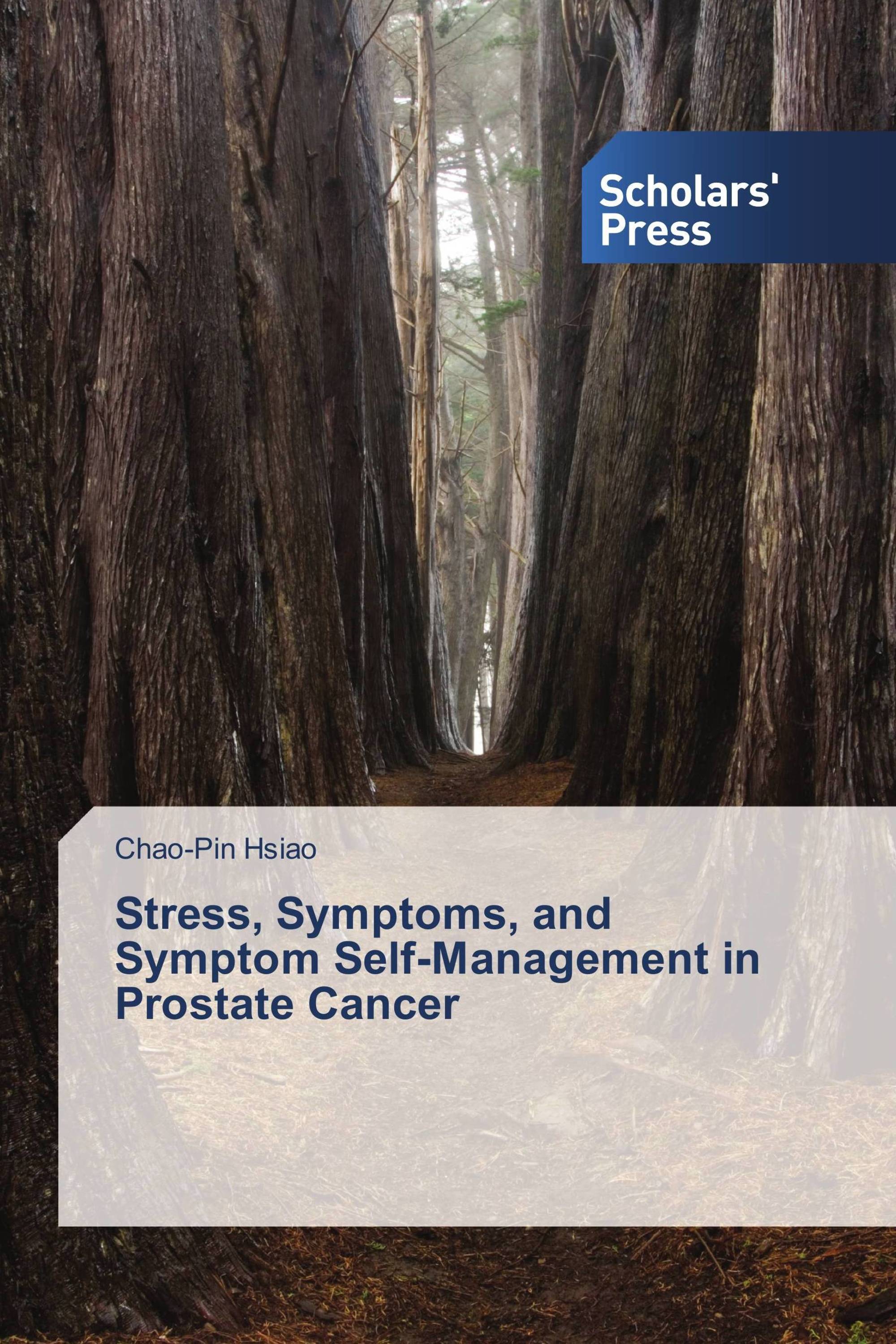This was the first study to use salivary cortisol as a biological measure of physiological stress in men treated with localized prostate cancer and to examine the associations with perceived stress, symptoms, symptom distress, and symptom self-management in patients with localized prostate cancer. Cortisol was excreted in a circadian rhythm with heightened activity in the early morning, decreased activity during the day, and lower activity late in the day. Perceived stress was positively correlated with salivary cortisol concentration. Symptoms were correlated with symptom related distress. Frequency of symptoms was associated with symptom self-management strategies for urinary, bowel , and sexual problems. The most effective strategies were: pads and Kegel exercise for managing urinary problems, rest and endurance for bowel symptoms, and expressing feelings and finding alternative ways to express affection for management of sexual dysfunction. Findings provide information on effective strategies that prostate cancer patients found to reduce their symptoms. The strategies used provide a foundation for developing and testing interventions for personalized symptom management.
Book Details: |
|
|
ISBN-13: |
978-3-639-71600-9 |
|
ISBN-10: |
3639716000 |
|
EAN: |
9783639716009 |
|
Book language: |
English |
|
By (author) : |
Chao-Pin Hsiao |
|
Number of pages: |
280 |
|
Published on: |
2014-05-12 |
|
Category: |
Clinical disciplines |
